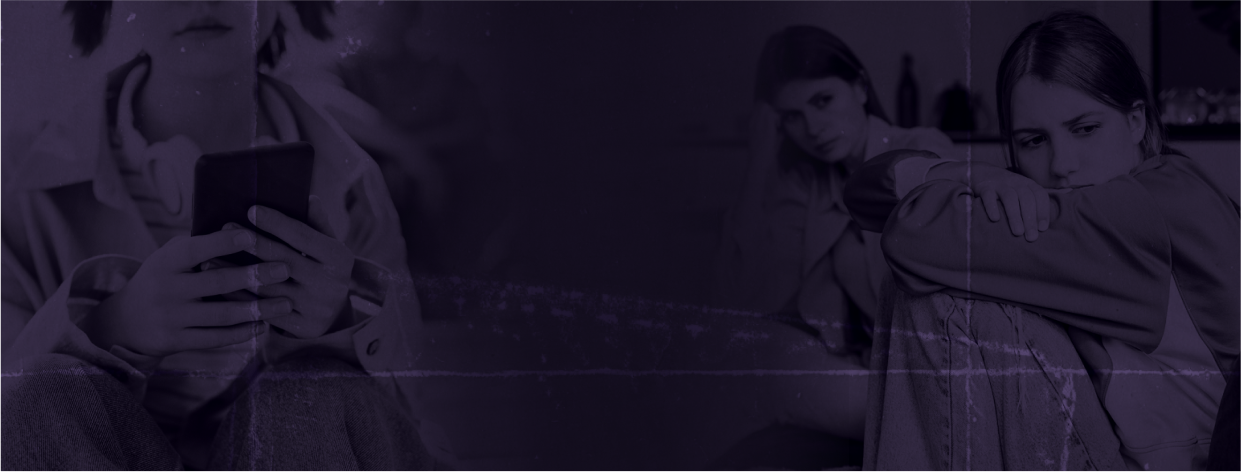Just five years ago, adolescent therapist Adeola Baker* recalls the majority of her caseload was children struggling with depression, anxiety, trauma, bullying, or family issues. Today, she says the field has “radically changed” before her eyes and now roughly 90% of her cases are children identifying as transgender.
In the past, before a minor could be prescribed hormones such as testosterone, Baker says the child was required to see a therapist—like herself—and go through multiple therapy sessions. Today, she says very few gender clinics even require these formal letters from therapists.
“Essentially what they want is for us to see them one time, write them a letter saying it’s fine, and just put them on their way,” says Baker. “I have a problem with that.”
Baker feels that adults “should be able to live their lives in peace” if they identify as transgender, but likened the current climate surrounding the normalization of gender ideology among children to a social contagion.
“These kids have friends who are on testosterone and they want to be cool and be on testosterone too,” Baker says, noting that she had had cases in the past with children who were diagnosed with gender dysphoria. However, Baker attributes this current explosion in her gender-related caseload to overarching behavioral patterns being spread through social influences.
“A lot of these kids don’t have gender dysphoria,” she begins, explaining that there’s a difference between diagnosable gender dysphoria and her new patients who identify with neogenders and neopronouns. “This isn’t a joke; they’ve self-identified as trees, dolphins, dogs, bugs, paintbrushes, vampires, zombies, wolves, puppies, and clouds. I had a piano and a saxophone once too.”
In her professional work, Baker has noticed that this increase in “kids who have caught onto the social contagion” and treat their gender identity as a personality quirk are actually making it more difficult for people with diagnosable gender dysphoria to receive the therapy they need.
“Gender clinics are shutting down left and right because you can’t tell anybody ‘no’ anymore,” she says, noting that because pediatricians, children’s psychiatrists, and therapists are being discouraged from finding the root cause of their patient’s mental health issues, many are leaving the field entirely. As a result, Baker says the decline in medical professionals willing to work in affirmation-focused clinics is what’s causing clinics to shut down, not transgender-exclusionary legislation.
“You have to say yes. The official standpoint from all the pediatrician networks is affirm, affirm, affirm,” Baker says.
Baker, who has been diagnosed with Asperger’s syndrome, a form of autism spectrum disorder, understands firsthand the identity issues that many young people with developmental disorders face. Datasuggest that people who identify as transgender or nonbinary are up to six times more likely to also be on the autism spectrum. Baker also points out that there are more concurrent issues at hand, such as sexual assault trauma.
“A lot of these kids on the spectrum have identity issues. Then they say to themselves, ‘Oh, it’s because my brain is wrong. I’m actually a boy.’ I can say this as a person on the spectrum that had those same identity issues as a teenager,” she explains, sharing that many therapists are essentially being told to go along with children’s self-diagnoses. Baker continues:
“We are being told, ‘Don’t investigate what’s going on. Don’t find out if they have a comorbid personality disorder or if they have a comorbid issue like being on the spectrum.’ Affirm, affirm, affirm. Anything other than affirmation is just ‘transphobia.’”
Between her own practice, her husband’s work as a pediatric nurse, and the many colleagues she has in the medical industry, Baker says there’s a staggering number of medical practitioners who are critical of gender ideology but don’t speak out due to fears of being “doxxed” or receiving rape and death threats. For instance, one of Baker’s colleagues, a Licensed Clinical Social Worker from California, was allegedly reported to the California Board of Behavioral Sciences and almost lost her license after facing complaints for not affirming kids.
Through the “affirming” medical professionals, however, Baker says that many transgender-identifying children sign informed consent without reading into the details about the medications they’re then placed on. Then, they get prescribed high doses of testosterone. According to Baker, patients are supposed to start off at 50 milligrams of testosterone but routinely get prescribed 400 milligrams without fully understanding the implications of such high doses.
Baker points out that some young adults who took hormone replacements for many years are now infertile. In the case of “gender-affirming surgeries,” young males who underwent penile inversions or young females who got hysterectomies don’t have the necessary genitalia anymore to consider having children of their own in the future. Baker says that in most places, it’s illegal for a girl under 18 to undergo a hysterectomy, but once these patients turn 18, she has observed medical professionals permitting the procedures despite the girls still being in high school.
In April 2022, Baker met with an “affirming therapist” who writes notes for transgender-identifying youth to be cleared for testosterone prescriptions, double mastectomies, and other surgical procedures. When Baker asked the therapist what would happen to these patients if they ever wanted to have kids, she says the therapist insisted her patients know they don’t want children.
“But how is that? I didn’t decide I wanted kids until I was 26 when I met my now-husband,” Baker says. “I had trauma, which is why I work with kids with trauma. Up until the age of 26, if you asked me, ‘Do you want to have kids?’ I would’ve said no. How does a 14-year-old know they never want to have kids?”
Baker recalled a female patient who first came to see her as a junior in high school. At that time, the patient’s friend group consisted mostly of transgender-identified teenagers. She told Baker her sexualities were pansexual, polysexual, and asexual, and that her nonbinary gender identities were a dolphin and a saxophone—the latter because of how playing an instrument in the school jazz band made her feel.
But, when Baker’s patient entered her senior year of high school, she began recreational dance and started spending time with girls on the cheerleading team. She then told Baker she now felt like a human female once again.
“The moment she got a new set of friends, she grew her hair out and stopped dyeing it blue. Once her friends were now pom squad girls and cheer girls, where the gender thing wasn’t ‘cool,’ all of the sudden she stopped identifying as different genders.”
Though these sorts of extreme examples are certainly not the norm for all transgender-identifying individuals, Baker brings them up as examples of how this larger social contagion has spread through academia. Since her specialty is trauma in youth, Baker’s caseload includes a lot of young people with unique gender identities. But, as a therapist, Baker doesn’t feel that it’s her place to unequivocally affirm “delusions” and wishes more medical professionals would try to address the root issues going on with their patients’ mental health.
“Ultimately, it comes down to the fact that we are the adults,” she says. “It’s our job to make the difficult decisions for children whose brains aren’t fully developed until they’re 24 or 25.”
*Name has been changed to protect anonymity.










